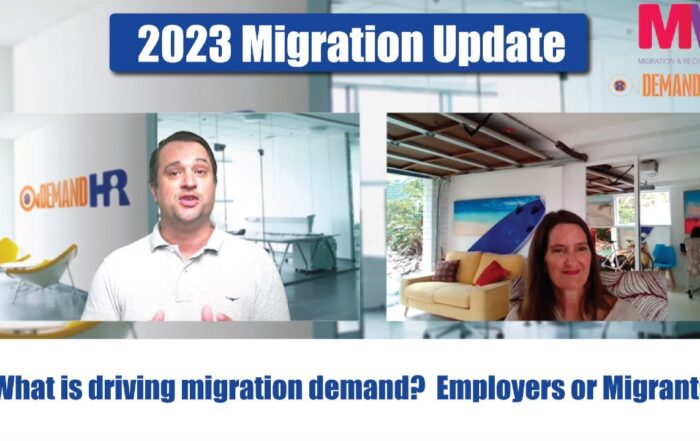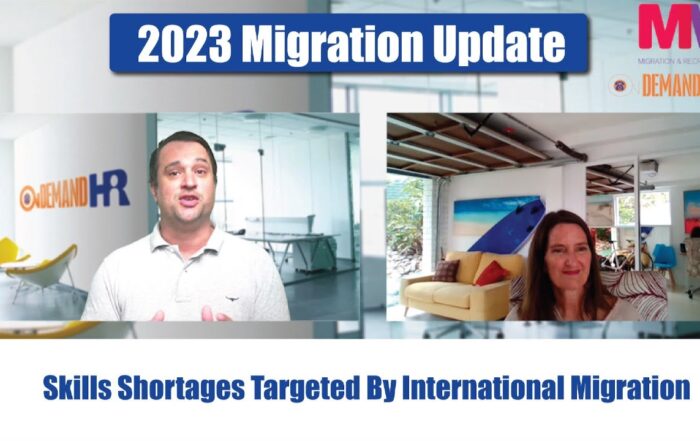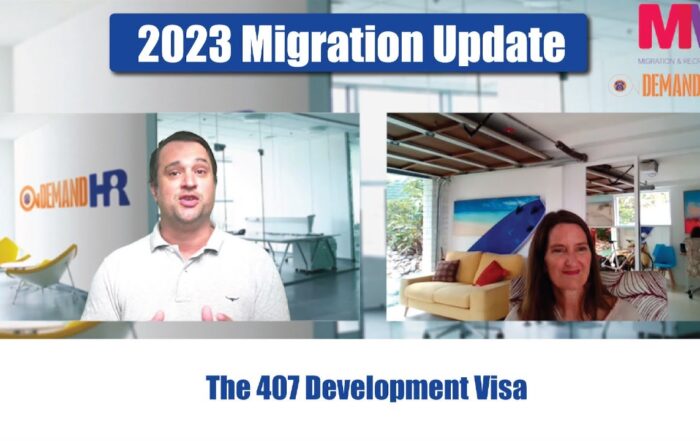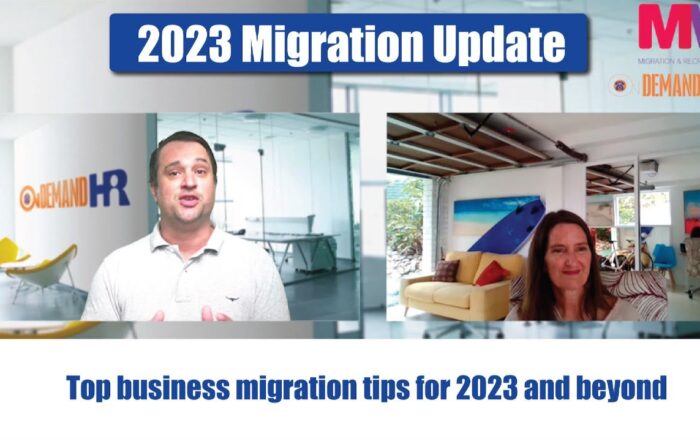ODHR Online Training – Client Story
On Demand HR members gain unlimited access to our growing library of online training courses for employees and line managers. We recently sat down with On Demand HR member Glyn Henman from Young Life Australia to ask how rolling out Bullying, Discrimination & Sexual Harassment training has added value to his organisation.
To learn more about Young Life, please visit https://younglife.org.au/
Please see below for a full transcript of this video
Share the HR or workplace relations challenge facing your business and one of our experienced consultants will be in touch within 24 hours with a strategic action plan or discover the best strategy yourself by accessing out free online training library.
Transcript
On Demand HR members gain unlimited access to our growing library of online training courses for both employees and line managers. We recently sat down with On Demand HR member Glyn Henman from Young Life Australia to ask how rolling out bullying, discrimination and sexual harassment training has added value to his organization.
The little training videos that you sent us or that we, you know that we’re trying to get our staff to do right now on bullying and discrimination and harassment. It just sets us up for a common understanding because, different people have different understandings.
You bullied me because you say something harsh to me. Well acually you weren’t doing your job. That’s not called bullying. I have an expectation that you’ll do your job because we’re paying you this money to do your job.
Well, don’t bully me. Asking you to do your job is not bullying you. So it sets everybody up on that same playing field so that when those things are happening, people go “this is not bullying” or actually this is repeated harassment.
or whatever it is picking on me. That is bullying. It gives us a clear understanding of what that all is. And everyone’s off working off the same parameters, which has been really helpful as well. What we’ve tried to do with that space in particular is we’ve done a lot of investigations work, as you probably would have.
We would have alluded to probably, you know, introduction. And what we’ve tried to do with that is reflect on, okay, we’ve done over 100 investigations into bullying, harassment, discrimination claims. What have we learned about those things? So a lot of training providers who gives these sort of training on bullying, harassment, discrimination
They do so from a position of theory, only, so they do say from a position of never actually having to run an investigation. Speak to a complainant, respondent witnesses, those sort of things. What we found quite overwhelmingly and was quite interesting was that the majority of complaints we actually dealt with were unsubstantiated.
So what actually the majority is, it’s based on misunderstanding of actually what bullying, harassment and discrimination is. And it’s often a common kind of let’s call it a protection mechanism or someone just to avoid criticism. So often you will get a supervisor who’s just doing their job managing a person.
And the bullying or harassment complaint is an outcome. So what our training is tried to do is anticipate in advance those types of complainants and try and as you said, bring a common understanding about what these concepts are. But not only that, we also sort of advocate for self actions.
So we talk about self action a lot. And a lot of people think, well, you know, if I’ve got a problem, the first thing I should do is go to my supervisor or manager. Well, not necessarily. Sometimes it’s it’s actually better and more appropriate and more harmonious in the long run.
For that individual just to go to the person who is causing them the problem, if I feel safe and reasonable, do say some some situations that’s not appropriate, but a lot of situations it is. And in actual fact, that might be slightly uncomfortable in the short term.
But in the long term, the let’s call it the the respondent or the perpetrator or the alleged perpetrator will often that will often set up a bit a long term situation than just going through a formal process. So so I appreciate your thoughts on that as well.






